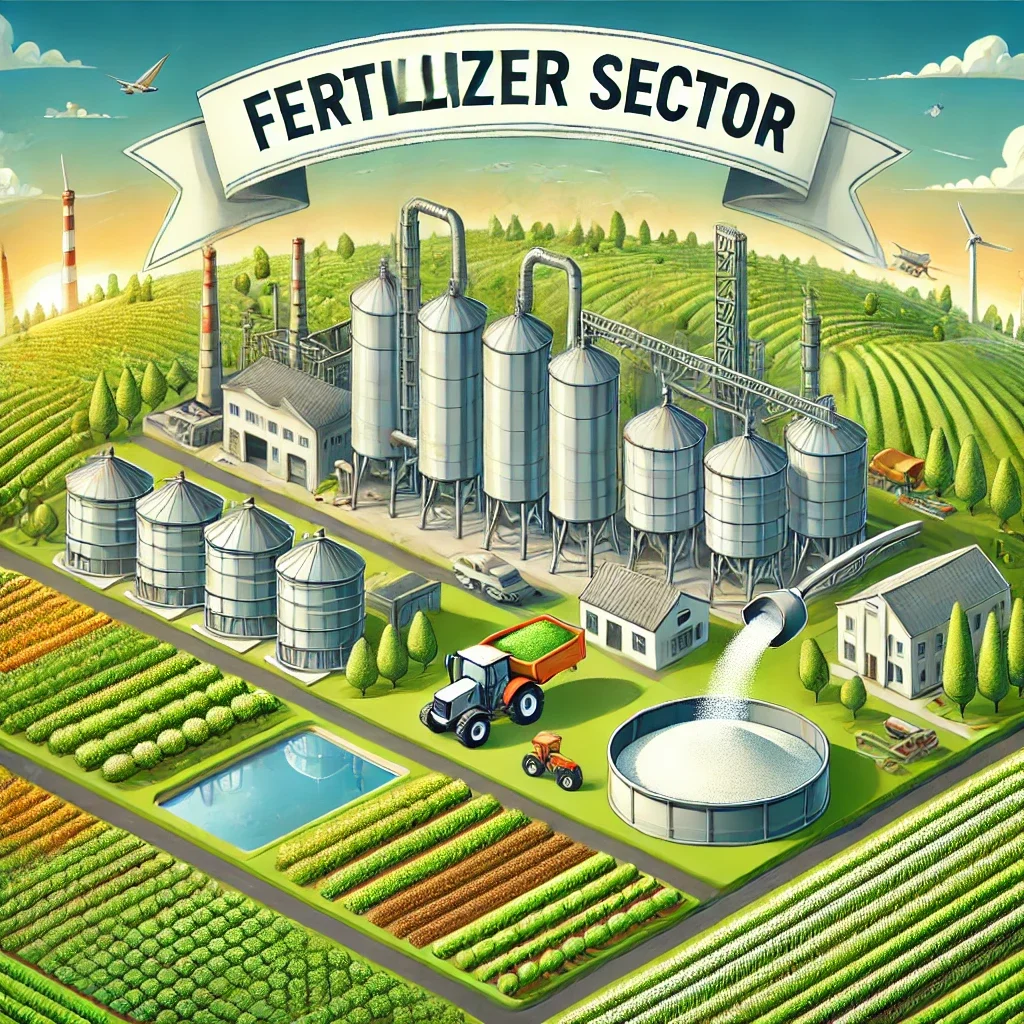India is an agricultural powerhouse, and the fertilizer sector plays a crucial role in sustaining and boosting its agricultural productivity. Fertilizers are key to enhancing soil quality, increasing crop yields, and ensuring food security. The fertilizer industry in India is vast and diverse. It consists of both public and private players who cater to the needs of farmers across the country.
India is the second-largest producer and consumer of fertilizers globally. The country’s diverse climatic conditions and a wide range of crops require different types of fertilizers, such as Nitrogen, Phosphorus, and Potassium (NPK) fertilizers, urea, and other specialized products. The demand for fertilizers is high due to the dependency on conventional farming methods. They rely heavily on external inputs like fertilizers to maintain soil fertility.
Key Factors Driving the Industry:
- Government Support: The Indian government plays a significant role in regulating fertilizer prices, ensuring their availability to farmers at subsidized rates. This has helped keep the cost of inputs low and has encouraged greater fertilizer consumption.
- Growing Demand for Food: As India’s population continues to rise, the demand for food and, consequently, for fertilizers also increases. With shrinking arable land, fertilizers become even more critical to maintaining agricultural productivity.
- Subsidy Scheme: The government’s subsidy scheme for fertilizers ensures that farmers can access fertilizers at affordable prices. This support has led to increased fertilizer consumption in rural areas, where agriculture is the primary livelihood.
Key Players in the Sector:
The Indian fertilizer industry consists of both public and private sector companies. Major public sector companies such as Indian Farmers Fertiliser Cooperative (IFFCO), National Fertilizers Limited (NFL), and Rashtriya Chemicals & Fertilizers (RCF) dominate the market. These companies operate large-scale manufacturing plants across India, producing a variety of fertilizers like urea, DAP (Diammonium Phosphate), and NPK (Nitrogen, Phosphorus, Potassium) fertilizers. Private players like Coromandel International and Tata Chemicals also contribute significantly to the market.
An Example: National Fertilizers Limited (NFL)
National Fertilizers Limited (NFL) is one notable example of a major player in India’s fertilizer sector. Established in 1974, NFL is a state-owned company and one of the leading manufacturers of fertilizers in India. NFL produces a wide range of fertilizers, including urea, which is supplied to farmers across the country at subsidized rates.
The company has multiple production plants, and its efforts to increase production capacity have contributed significantly to the country’s fertilizer availability. NFL is also working on sustainable practices, such as improving the efficiency of its plants to reduce environmental impact. It plays a significant role in ensuring that Indian farmers have access to the fertilizers they need to grow crops and ensure food security.
Challenges in the Sector:
Despite its significance, the fertilizer sector faces several challenges. One of the main issues is the rising cost of raw materials like natural gas, which is used in urea production. Additionally, there is a growing environmental concern about the overuse of chemical fertilizers, which can lead to soil degradation and pollution. The government subsidy system also sometimes leads to inefficiency and uneven distribution of fertilizers across the country.
Conclusion:
The fertilizer sector in India is vital for the growth and prosperity of the agricultural sector. With continued support from the government and initiatives by companies like NFL, the industry is poised to play an even more important role in achieving India’s agricultural and economic goals.
– Ketaki Dandekar (Team Arthology)
Read more about the Fertilizer Sector here – https://www.maximizemarketresearch.com/india-fertilizer-market/
